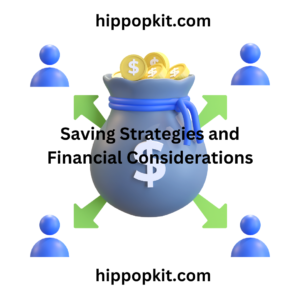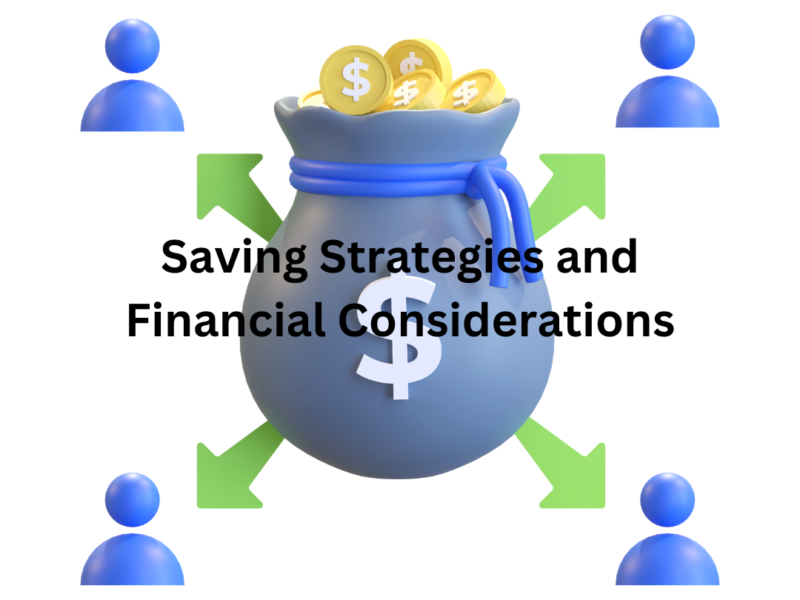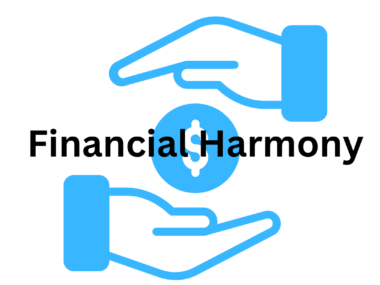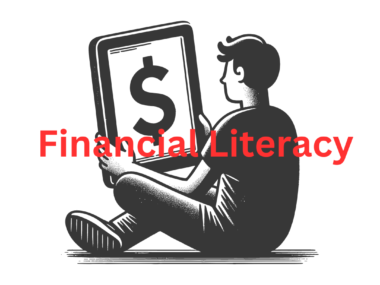Planning for a Gap Year: Saving Strategies and Financial Considerations
In a gap year, saving strategies and financial considerations can lead to good financial start. The intentional break between high school and college can be an enriching and transformative experience, offering opportunities for personal growth, travel adventures, or volunteer work before diving into higher education or the workforce.
However, embarking on this journey requires careful financial planning. Here’s your guide to creating a realistic budget, exploring smart saving strategies, and navigating the financial considerations for a successful gap year.

-
Define Your Gap Year Goals and Budget:
- What do you want to achieve? Do you crave travel, volunteering, honing specific skills, or gaining work experience? Understanding your goals will influence costs and potential funding sources.
- Research and Create a Budget: Estimate costs for travel (accommodation, transportation, food, activities), insurance, program fees (if applicable), and living expenses (food, clothing, local transportation). Research average costs for your desired destinations and activities. Remember, unforeseen expenses might arise, so factor in a buffer.
-
Saving Strategies to Reach Your Goal:
- Track your spending: Before you can save effectively, understand where your money goes. Track your expenses for a month to identify areas for cuts.
- Increase Income: Consider a part-time job, freelance work, or online gigs. Explore opportunities that align with your gap year goals, like tutoring if you want to teach abroad.
- Reduce Expenses: Scrutinize your spending. Can you eat out less, brew coffee at home, or borrow books instead of buying? Every little bit adds up.
- Sell Unused Possessions: Declutter! Organize a garage sale, online marketplace listings, or sell to consignment shops. Turn unused items into travel funds.
- Explore Scholarships and Grants: Some organizations offer gap year funding for specific programs or volunteer projects. Research opportunities that align with your goals.
-
Making Your Savings Work for You:
- Open a Dedicated Savings Account: A separate account helps you visualize your progress and avoid dipping into the gap year fund for everyday expenses. Explore high-yield savings accounts to earn interest on your money.
- Consider a Part-Time Job During Your Gap Year: Look for opportunities that fit your itinerary. Working in hostels, cafes, or on farms in exchange for accommodation and board can be cost-effective and offer cultural immersion.
- Freelancing on the Go: If your skills allow, offer freelance services like writing, graphic design, or web development online. This can generate income while you travel.
-
Financial Considerations Beyond Saving:
- Cost-Effective Travel Options: Consider backpacking, budget airlines, and slow travel (staying longer in fewer locations) to stretch your budget. Explore free or low-cost activities like hiking, visiting museums on free admission days, and cultural events.
- Travel Insurance: Unexpected medical emergencies can derail your plans. Invest in travel insurance that covers medical expenses, trip cancellations, and lost luggage.
- Work Permits and Visas: Research visa requirements for your chosen destinations. Some countries offer working holiday visas that let you work part-time while traveling.
- Staying Connected: Check international phone plans and consider purchasing a local SIM card at your destination for cheaper communication.
- Safety and Security: Research safe travel practices for your destinations. Inform trusted individuals of your itinerary and keep emergency contact information readily available.
-
Funding Options for Specific Gap Year Activities:
- Volunteering: Many volunteer programs cover accommodation and meals, with some offering a stipend. Research reputable organizations and program fees.
- Internships: Paid internships can provide valuable work experience and income. Explore internship opportunities in your field of interest.
- Language Learning Programs: Immerse yourself in a new language by enrolling in a program abroad. Some offer scholarships or work-study opportunities.
Conclusion
A gap year can be an enriching and transformative experience. By thoughtfully planning your finances and employing effective saving strategies, you can make the most of your break. Remember, a gap year doesn’t have to be expensive. With research, resourcefulness, and a focus on experiences over material possessions, you can embark on a fulfilling and unforgettable journey.






